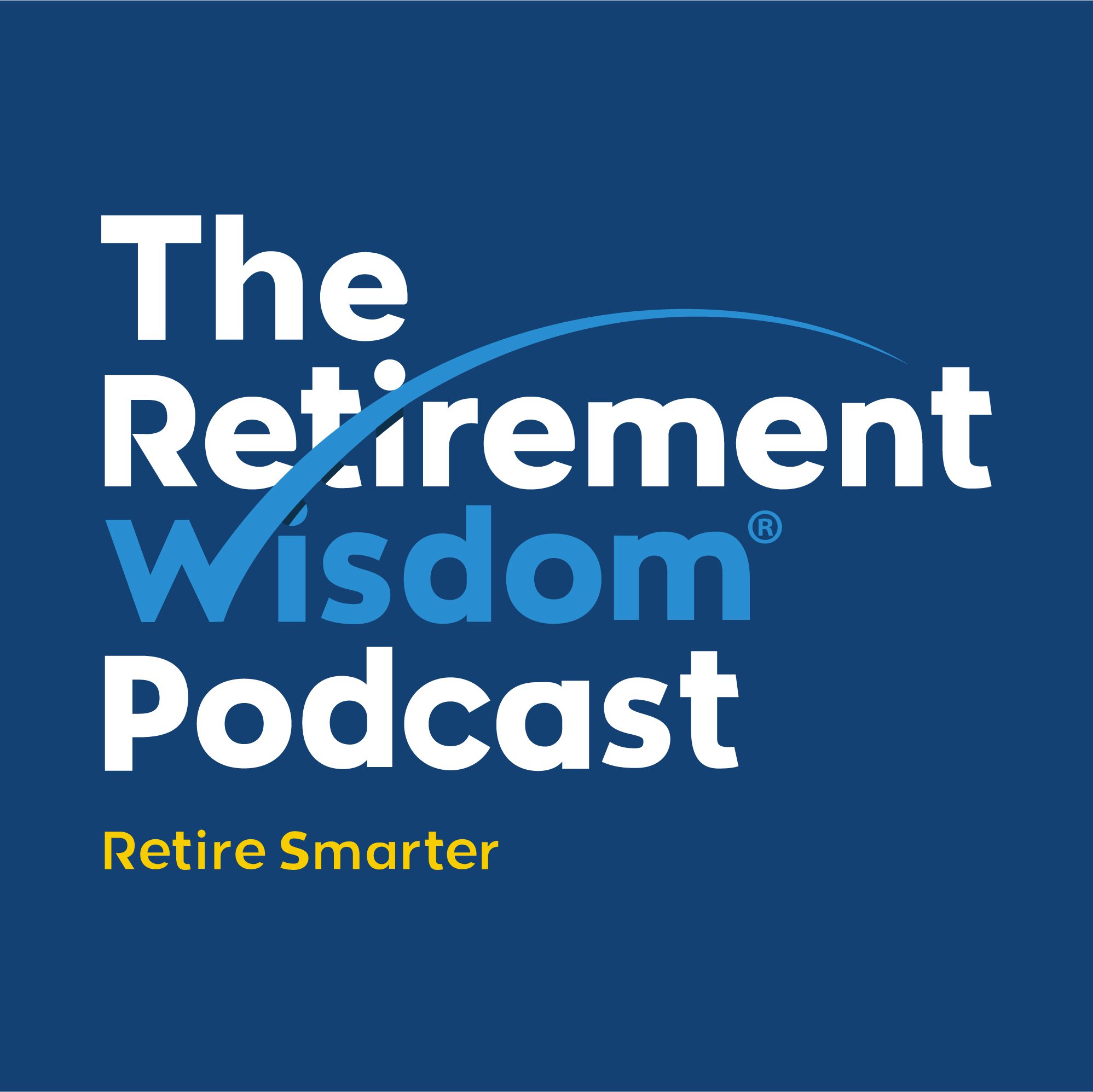The Ritual Effect - Michael Norton
Description
A lot of our day-to-day behavior comes from habits. They create useful short cuts. But while they're efficient, many lack something important - meaning. That's where rituals come in. From the civic and religious rituals that commemorate key milestones and special events to our morning routines, they add a valuable emotional dimension to our lives. Michael Norton, author the new book The Ritual Effect: From Habit to Ritual, Harness the Surprising Power of Everyday Actions, has studied rituals and joins us to share what's he's learned about how we can be intentional about rituals, both ones we've inherited and new ones we create.
He joins us from Cambridge, Massachusetts.
____________________
Curious?
Take the Habit or Ritual Quiz
_____________________
Bio
Michael Norton is the Harold M. Brierley Professor of Business Administration at the Harvard Business School. He has studied human behavior as it relates to love and inequality, time and money, and happiness and grief. He is the author of The Ritual Effect and the coauthor—with Elizabeth Dunn—of Happy Money: The Science of Happier Spending. In 2012, he was selected by Wired magazine as one of “50 People Who Will Change the World.” His TEDx talk, How to Buy Happiness, has been viewed nearly 4.5 million times. He is a frequent contributor to such publications as The Wall Street Journal, The New York Times, and Scientific American, and has made numerous television, radio, and podcast appearances.
__________________________
For More on Michael Norton
The Ritual Effect: From Habit to Ritual, Harness the Surprising Power of Everyday Actions
Website
_________________________
Podcast Episodes You May Like
Tiny Habits Can Lead to Big Changes – BJ Fogg
How to Live a Values Based Life – Harry Kraemer
The Portfolio Life – Christina Wallace
The Second Curve of Life – Arthur C. Brooks
_________________________
Wise Quotes
On Rituals & Emotions
"I think one thing that I like about rituals is that they're a bit domain general, in the sense that we don't just use them in one domain. So imagine the only thing we use rituals for was to tie our shoes before a big race or to try to calm down before a big event. We for sure use them there. But then we use them in all these other domains of life as well. We use them in our marriages, we use them with our kids and families. We use them at work. So we really think about this idea of rituals allow us across many domains of life to change our experience in one way or another. We're often looking for an emotion when we engage in rituals. Like if I'm doing something with my wife that we do on date night, we're doing the ritual in order to feel closer. If I'm tying my shoes, I'm doing it in order to feel calmer. So we have these ways of using rituals to try to get us to an emotion that we think at least would be helpful in that moment."
On Rituals and Retirement
"And I think that can help us then have a better demarcation between what we were and what we're going to be. I was a full-time employee. I was a parent, now I'm retired, or now I'm an empty nester. How are we helping people transition from one to the other? Because it's a huge transition. When we go through any of these transitions in life, we have, when we look at rituals, there's many different types."
On Inherited Rituals
"We have just two broad categories are rituals that we receive or inherit. They could be family rituals, they could be cultural rituals, they could be religious rituals that we get from our parents, from our grandparents, from our faith.
More Episodes
Your retirement? You could wing it, but that's not you.
Design Your Future. Join our Design Your New Life in Retirement Program – two new groups start in January.
Learn more
_______________________
To retire or to work longer? There's another option that may be just right for you -...
Published 11/18/24
Published 11/18/24
Take Charge of Your Future. Imagine Possibilities with Design Thinking - and Test Them.
Join our Design Your New Life in Retirement Program - two new groups start in January.
Learn more
_______________________
Getting older brings questions. Debra Whitman, PhD, the Chief Public Policy...
Published 11/14/24


